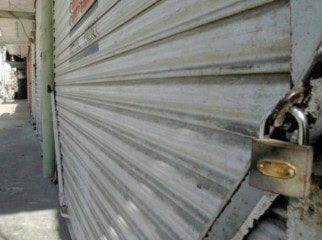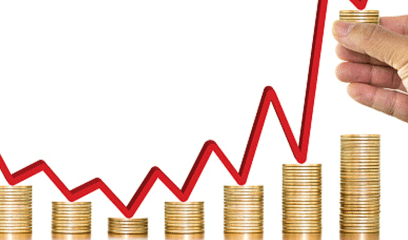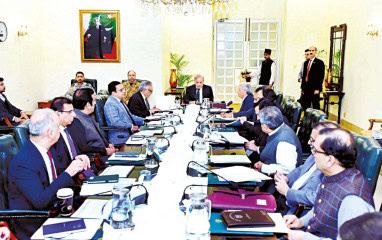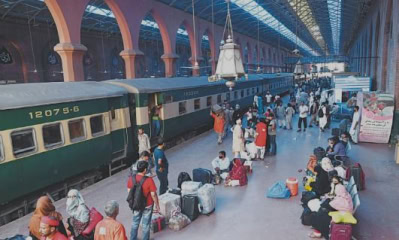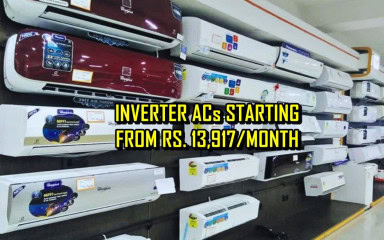Federal Minister for Power Sardar Awais Ahmad Khan Leghari on Thursday unveiled that Pakistan would soon launch a comprehensive investment plan for the energy sector to boost regional connectivity and the opportunities to help in the provision of reliable and cheap energy.
Addressing the 5th Shanghai Cooperation Organisation (SCO) energy meeting through virtual link, the minister said, “We have taken significant structural reforms by establishing new entities like power planning and monitoring company, energy infrastructure development and Management Company and independent market system and operators for helping to lay the groundwork to improve governance, grid modernization and ensure transparent market operation.”
He said that our goals are bold and they are backed by actions like accelerating renewable energy deployment across the country introducing EV friendly tariff structure to promote green mobility, deploying smart meters and transformer monitoring system for data driven efficiency and cost reduction.
The country is advancing data driven reform oriented energy transformation and efforts about ready unlocked major fiscal space, while most recently laid the ground work for R & D secretariat to foster local innovation and facilitate technology transfer. “This is transition that put people at their center ensuring cheaper and more reliable energy for households. Our strategic direction is clear 60 percent renewable energy by 2030.”
Awais Leghari said for more energy efficiency and conservation frameworks all this driven would be initiated through public private partnership that unlock the innovation and financing, adding that regional cooperation is not optional it is a strategic necessity.
He said that Pakistan location as natural energy bridge linking Central Asia, South Asia and Gulf positions the drive regional energy integration.
“We are committed to expand the cross boarder inter-connections cooperation on electricity transmission infrastructures and developing joint security framework covering both physical and cyber aspects of critical energy systems,” he added.—APP


